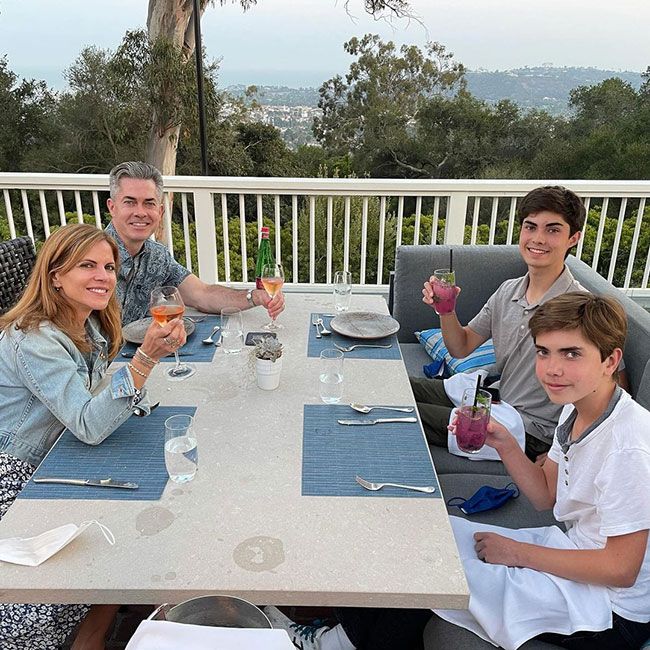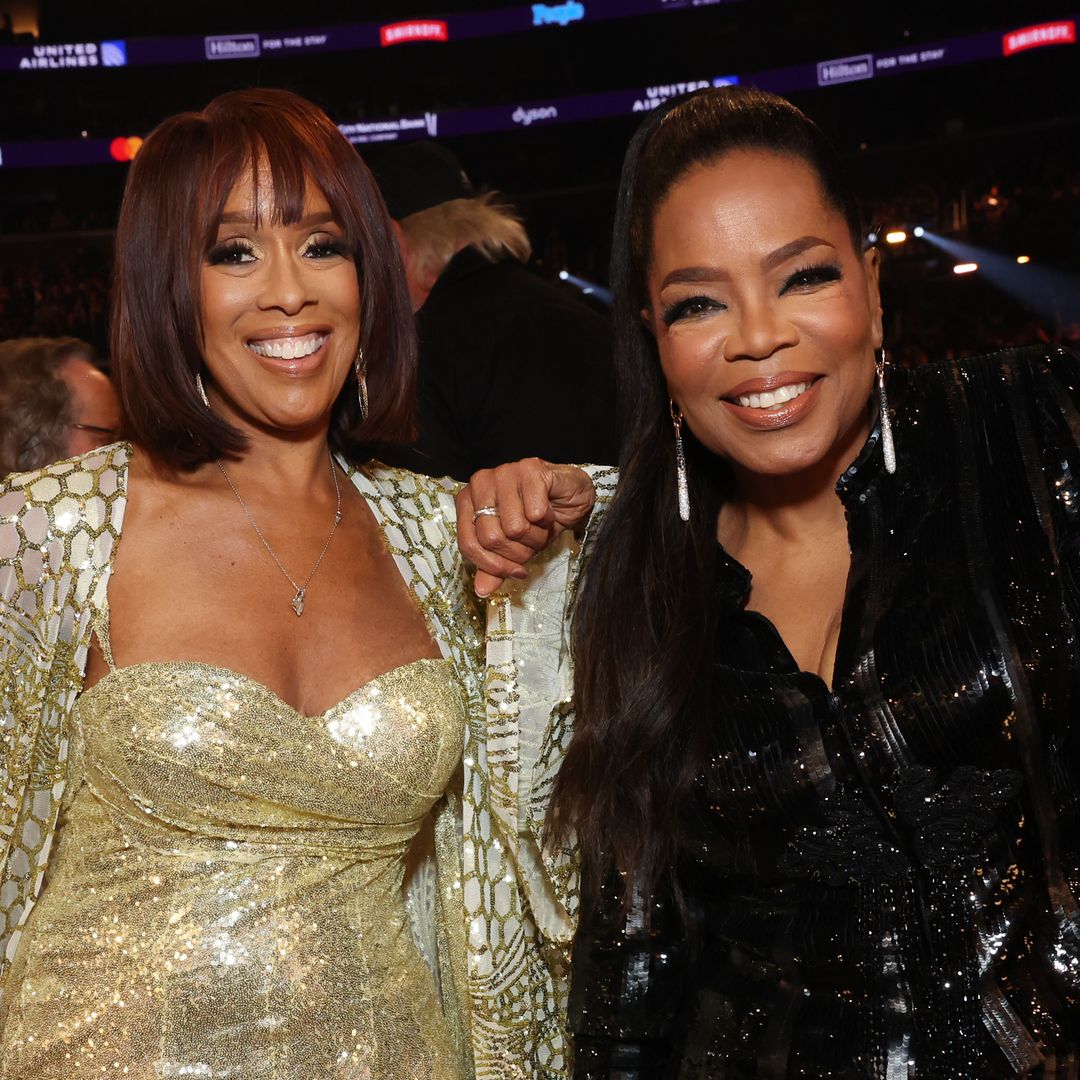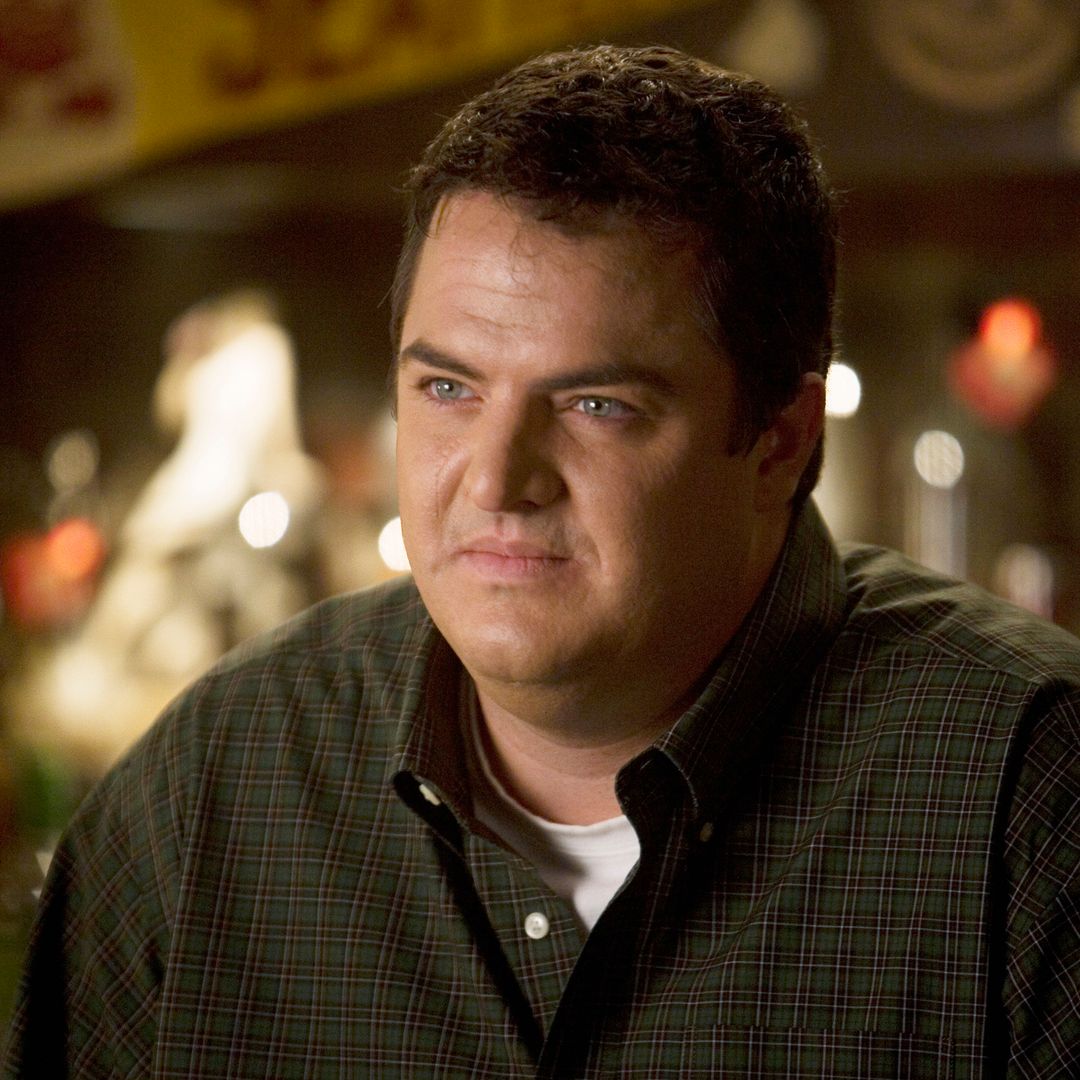Natalie Morales' mother-in-law, Kay Rhodes, sadly passed away from Alzheimer's disease at age 70. She was diagnosed with early-onset Alzheimer's at just 55 years old, and the new The Talk show host Natalie has since made it her mission to protect herself, husband Joe Rhodes, and sons Joseph, 17, and Luke, 13, from the genetic condition.
Speaking at a Know Your Value event in Philadelphia, Natalie said: "When my mother-in-law was diagnosed, my husband and I took that as our mission in life. All of the things that people are doing to stay fit and healthy these days, we're doing, but times ten, because we realise that when you have somebody in the family that has early onset, the genetic risk unfortunately increases. So yeah, my husband is very aware of that. And we do what we can to prepare right for the unthinkable."
MORE: Natalie Morales' jaw-dropping LA home and why she gave NY up for it
WATCH: The Talk show announces big news
She added that, at age 49, the reality of being diagnosed at 55, like her mother-in-law, made her look at life differently. "I mean, that's me in not too many years," she explained. "It makes me think about like, as much as you can plan for your future, you're never thinking about 'this could happen to me'."
Natalie went on to point out that two out of three Americans with Alzheimer's are female, while research shows that women in their 60s are twice as likely to develop Alzheimer's than breast cancer.
MORE: Today star leaves viewers in shock after bold move
SEE: Inside the Today stars' unbelievable homes: From Kathie Lee Gifford to Jenna Bush Hager
Natalie Morales and husband Joe have two sons, Joseph and Luke
In order to reduce the chances of being diagnosed with the disease, Natalie said she had been paying extra attention to keeping her and her family's brains active. "Your brain needs to be challenged in so many different ways, whether it's doing puzzles, crossword puzzles, learning new tasks, or even just driving different ways," she said. "If you're constantly changing your routine and challenging yourself, studies show that those are ways to at least prevent perhaps early onset or push it off a little bit longer."
Her approach to cognitive function is well-informed. The Alzheimer's Association says: "Challenge and activate your mind. Build a piece of furniture. Complete a jigsaw puzzle. Do something artistic. Play games, such as bridge, that make you think strategically. Challenging your mind may have short and long-term benefits for your brain." It also recommends physical exercise, a healthy diet, good sleep and social interaction as proven ways to "reduce the risk of cognitive decline".
Find out more about Alzheimer's via the Alzheimer's Assocation.
Like this story? Sign up to our newsletter to get other stories like this delivered straight to your inbox.









